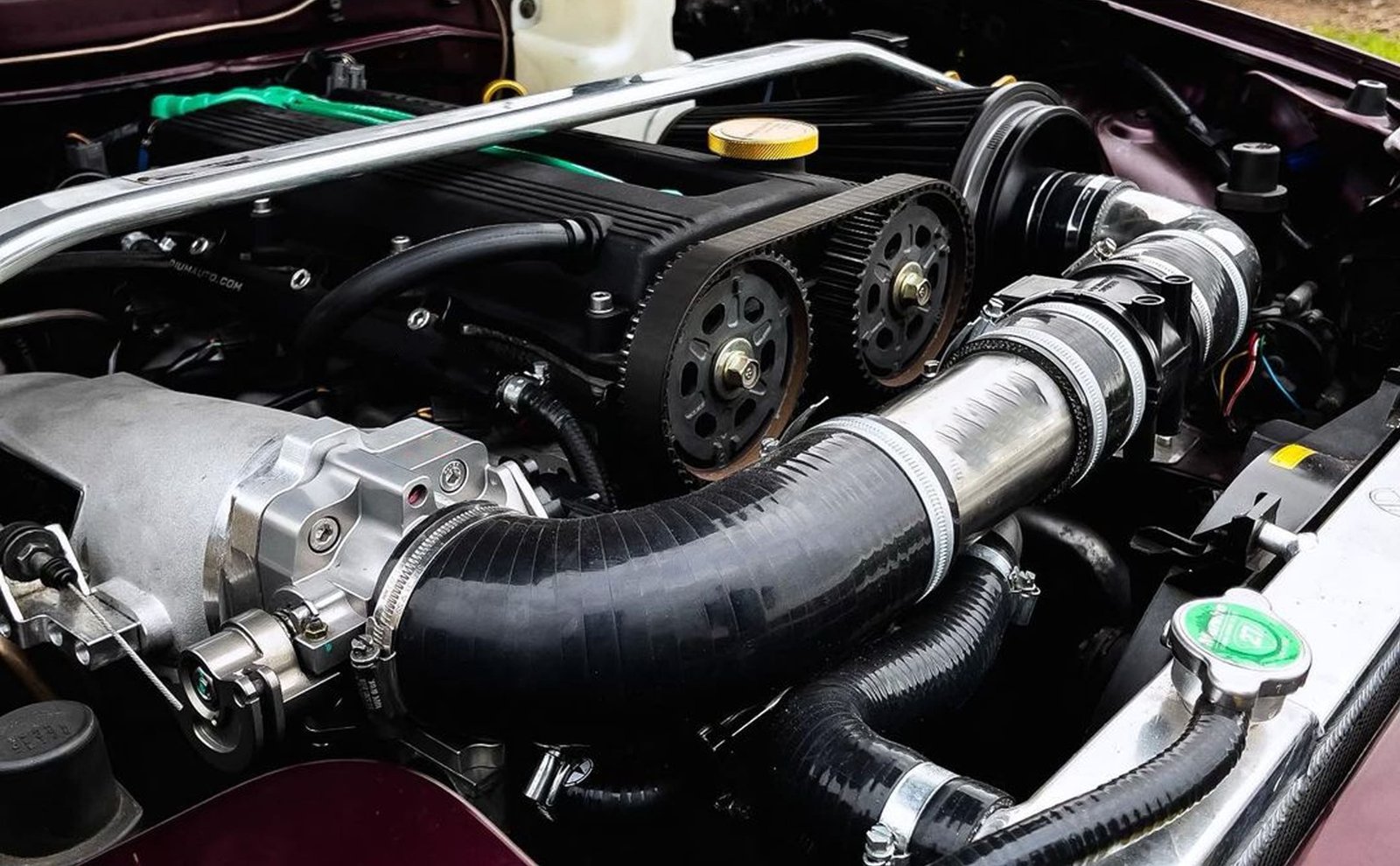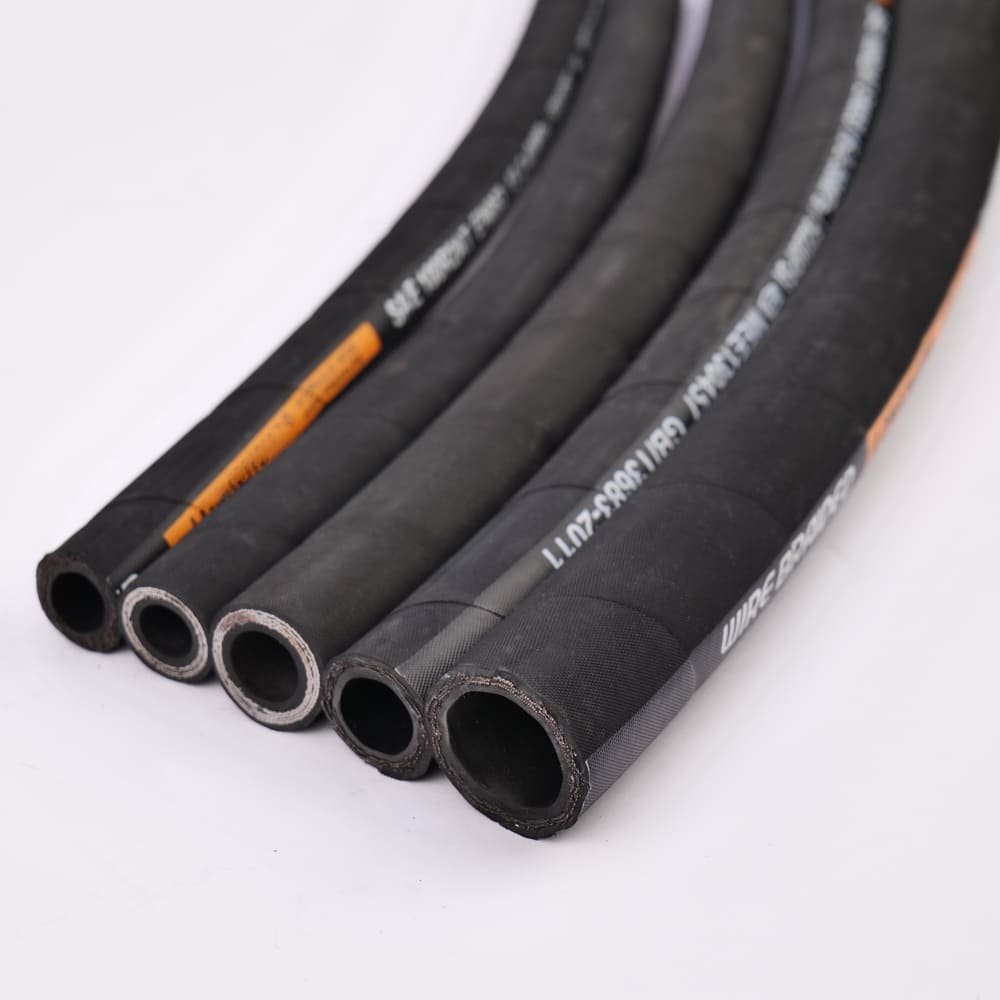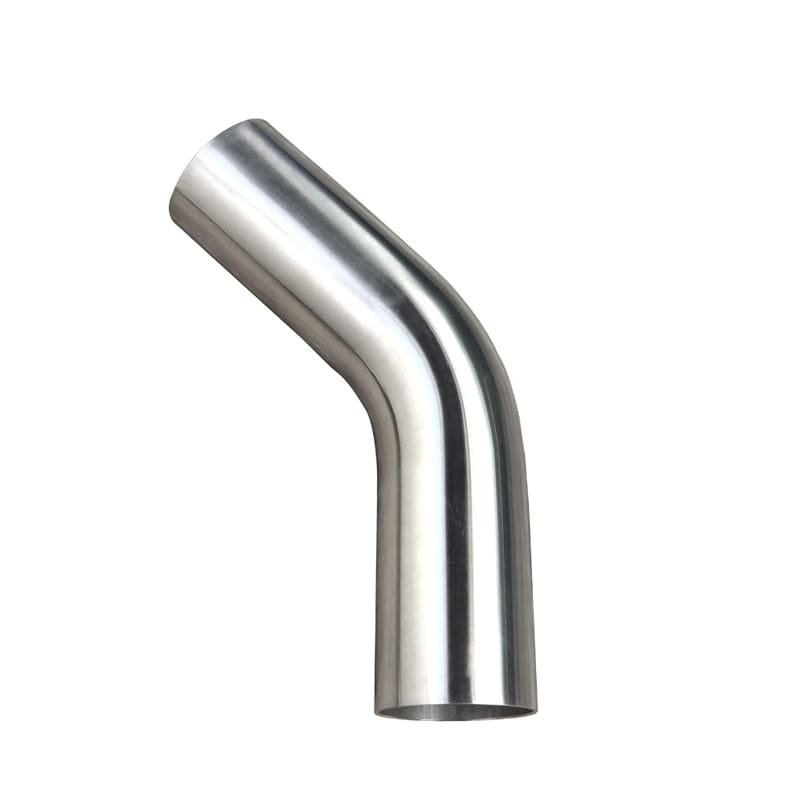The intake hose is a vital part of any vehicle’s air intake system, but have you ever wondered if your rubber hoses are holding back your performance? Silicone intake hoses are becoming the choice for car enthusiasts and mechanics, and for good reason. They are much more flexible and durable, and they can help your engine perform better. In this article, we’ll go over the top reasons you should upgrade to silicone intake hoses and how they may be the perfect solution for your vehicle.
Silicone intake hoses offer a number of advantages over stock rubber hoses. They are more flexible and durable, capable of withstanding much higher temperatures. This makes them perfect for high-performance or turbocharged vehicles. Silicone hoses are also much more resistant to environmental damage than stock hoses. They also help to dampen noise and vibration, which will result in a quieter and smoother ride. These hoses are a great investment for car enthusiasts and mechanics because they last so much longer.
Now that we’ve covered the benefits of silicone intake hoses, let’s take a deeper dive into why they outperform other materials and why they’re a smart choice for your vehicle.


Do Silicone Intake Hoses Make a Difference?
Silicone hoses can handle fluids at much higher temperatures than rubber hoses. If you’re building a race car or adding a turbocharger to your engine, you want to use silicone. Silicone hoses can handle high temperatures, which makes them great for applications where you generate a lot of heat. Silicone hose also does a good job of muffling sounds and vibrations, which is nice if you want a quiet, smooth ride in your high-performance car.
What Are the Advantages of Silicone Hoses?
Silicone hoses are known for their flexibility and durability. Unlike rubber hoses, silicone can handle extreme conditions without cracking or deteriorating. With time, silicone hoses remain flexible, even under high heat and pressure. They are also highly resistant to compression, aging, and environmental factors such as sunlight, ozone, and moisture. This makes silicone hoses a great option for any automotive application, ensuring long-lasting performance, especially in high-stress applications.
Are Silicone Vacuum Hoses Worth It?
Over time, rubber vacuum hoses can crack or deteriorate, which can cause leaks and negatively impact engine performance. Silicone hoses are capable of withstanding higher temperatures than rubber hoses, which makes them perfect for engine compartments where heat and pressure are concerns. Because they are more resistant, silicone vacuum hoses are not prone to the same types of damage as rubber hoses, providing a more reliable and longer-lasting option for your vehicle.
Are Silicone Coolant Hoses Any Good?
Silicone hoses are perfect for radiator and coolant systems. They are heat resistant and don’t age, making them great for high-performance engines or engines that run hot. They last longer than rubber hoses. Unlike rubber hoses, they won’t crack or degrade as easily. They are a great way to protect your vehicle’s coolant system. They may be more expensive than rubber hoses, but they are worth it.
Silicone Intake Hose Benefits for Diesel Engines
In diesel engines, heat is a big deal. Silicone hoses are great for these engines because they can take the heat and won’t crack. They are also better with heat soak, which is when the heat from the engine causes the hoses to get soft or lose their integrity. By putting silicone intake hoses on your diesel truck, you can make sure that your truck performs the same way over time.
Silicone Boost Hoses: A Performance Upgrade
When you upgrade the air intake or boost system on a high-performance car, you should use silicone hoses instead of rubber hoses. Silicone hoses are better at resisting heat soak and maintaining consistent airflow than rubber hoses. Because silicone is more flexible and more durable, it can handle the pressure of your boost system better, which helps your car breathe better and make more power. This is an upgrade you should consider if you have a supercharger or turbocharger on your car.
Silicone Hoses for Air Intake: Performance and Reliability
One of the great things about using silicone for air intake hoses is the smooth surface. A smooth surface means less turbulence, which means better airflow to the engine. This can increase the efficiency and performance of the engine, especially on high-performance or modified engines. Silicone air intake hoses also hold their shape and flexibility over time, providing long-term durability.
Silicone Radiator Hoses: Pros and Cons
Silicone radiator hoses have several advantages over traditional rubber hoses, particularly in terms of heat resistance and durability. Silicone can handle higher temperatures without breaking down, which is why it is popular for high-performance engines. However, silicone hoses can be more expensive than rubber ones, and unless you are pushing your vehicle to the extreme, you may not need them. You need to balance the benefits versus the cost to see if silicone is the right choice for your radiator hose.
Summary
Upgrading to silicone intake hoses can make a huge difference in your vehicle’s performance, reliability, and lifespan. Whether you’re working on a high-performance engine, a diesel vehicle, or just trying to protect your investment, silicone hoses are the way to go. With better temperature resistance, flexibility, and longevity, silicone intake hoses are a great upgrade for anyone looking to make their car perform better. Check out these options for your car – they’re awesome!





